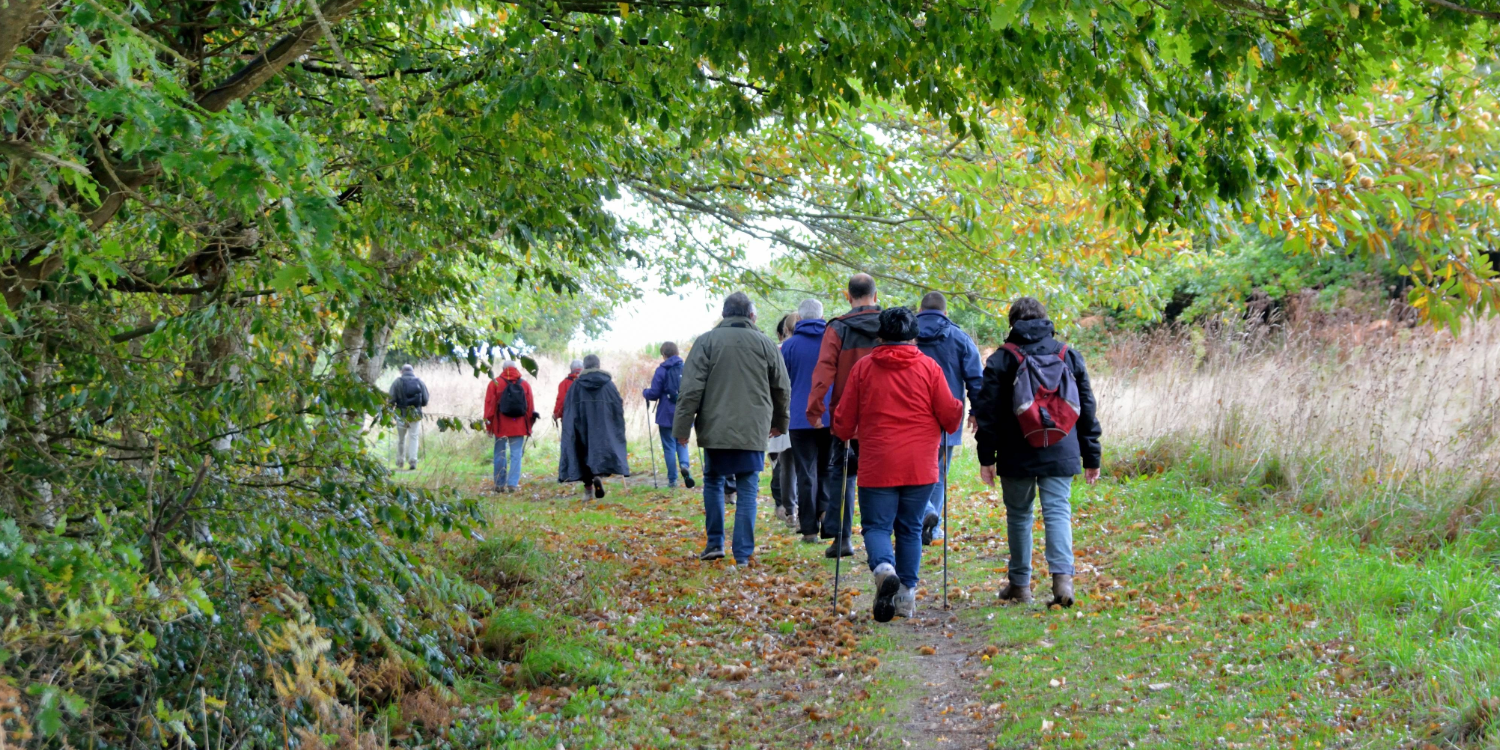See world-class rowing at one of the best-known boating competitions in the world, when the 185th annual Henley Royal Regatta returns this June and July 2026.
A highlight of both the summer sporting calendar and social season, Henley Royal Regatta returns for a week of racing action, featuring elite rowing and riverside celebration – making for a quintessential British experience.
When is Henley Royal Regatta 2026?
Henley Royal Regatta takes place from Tuesday 30th to Sunday 5th July 2026.
What is Henley Royal Regatta?
Featuring over 400 head-to-head races across categories including Club, Student, Junior and Premier Senior crews, Henley Royal Regatta offers six days of international rowing, which sees competitors race over a 2,112-metre stretch of the River Thames.
With thousands of spectators cheering on the rowers year after year, the event is a unique blend of competition, ceremony and British summer style.
Along with the racing, expect an electric atmosphere featuring Champagne bars, seated lunches, afternoon teas and fine dining.
Into the evening, riverside bars and venues fill with DJs and live bands, dancing, cocktails and sunset views.
What is the dress code?
Dress codes depend on where you’re watching from.
For the Stewards’ Enclosure, think formal such as a lounge suit, blazer with tie, dress or skirt below the knee – no bare midriff or shorts.
The Regatta Enclosure requires smart but flexible attire such dresses, jumpsuits and linen suits, along with clean and appropriate footwear.
Whereas smart-casual summer clothes are fine for the riverbank and public areas.
When did Henley Royal Regatta start?
Henley Regatta was founded in 1839 by local rowers and townsmen who wanted to promote amateur rowing at a time when the sport was rapidly growing in England.
They wanted to launch a high-quality, fair competition on a straight stretch of river – and Henley’s reach was ideal.
It became “royal” when Prince Albert first attended in 1846; in 1851, he formally granted royal patronage.
Reputation grew over the years, and the regatta became a fixture of Britain’s social and sporting elite, blending top-level sport with ceremony and tradition, now forming one of the world’s most prestigious rowing regattas.
What’s new for Henley Royal Regatta in 2026?
New for 2026, three Women’s quadruple sculls events have been introduced to the racing schedule in the Intermediate, Club and Student categories respectively.
Women can now compete in 14 events, with 10 new events added since 2017 – paving the way for an equal number of Open and Women’s events at the 2027 Regatta, achieving gender parity by event for the first time.
Outgoing Committee member, Guin Batten, said: “My first race at Henley was over 30 years ago in the single sculls at the Premier level, back then I could only dream of the idea that a female sculler could experience Henley from school, to university, to club and beyond. Today I’ve seen that dream become reality.”
When are tickets on sale for Henley Royal Regatta?
Tickets go on sale on Friday 13th April 2026.
For more information or to book tickets, visit Henley Royal Regatta’s website.
Image © Benedict Tufnell \ Henley Royal Regatta.









